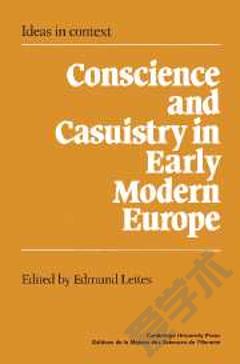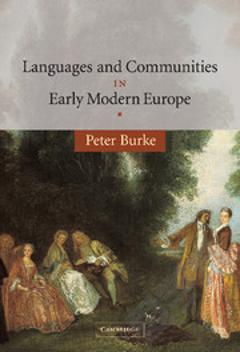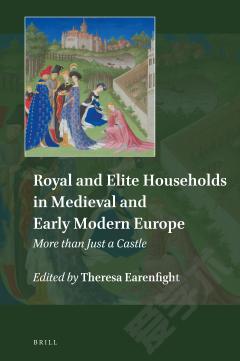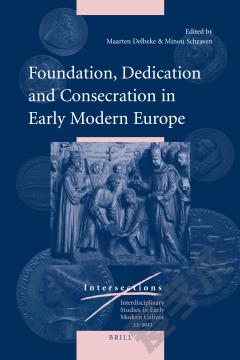Kings, Nobles and Commoners —— States and Societies in Early Modern Europe
----- 国王,贵族和平民:近代早期欧洲的国家和社会
Was Protestantism `better' than Catholicism, contributing to well organised societies and economic enterprise? Or was Catholicism the religion of reactionary and backward states and societies like Spain and Austria, in contrast to the thrusting and modern bourgeois states of the United Netherlands and England? Certainly Spain and Austria declined but France, although Catholic and absolutist, rose to greatness, although the argument might be sustained by Britain's global triumph in the 18th century.Closely linked is the rise of the modern state in Europe and Russia - increasingly `European' under Peter the Great - and the Ottoman Empire. What was the structure of the modern state? Did rulers with administrative sophistication and centralisaton, buttresssed by a growing cadre of middle class civil servants - the `noblesse du robe' - and military and naval power, exercise absolute power over state and society? Or was royal absolutism a `myth', grand in display but bankrupt, increasingly opposed by all parts of society, and to swept away in revolution?Jeremy Black, one of the most prolific and stimulating scholars of early modern Europe sets his history in the context of the Middle East, Central, South and East and Asia and the New World, shows how Europe fits into a world view, and demonstrates that with the exception of Peter the Great's Russia, royal power in early modern Europe was based on compromise and traditional relationships with the aristocracy and gentry, the Estates, corporations, the church and with an element of common consent. Commercial progress was widespread, boundaries were stabilised, and European financial, technical and mineral resources fuelled New World expansion - until the revolutionary deluge after 1789.
{{comment.content}}








 京公网安备 11010802027623号
京公网安备 11010802027623号